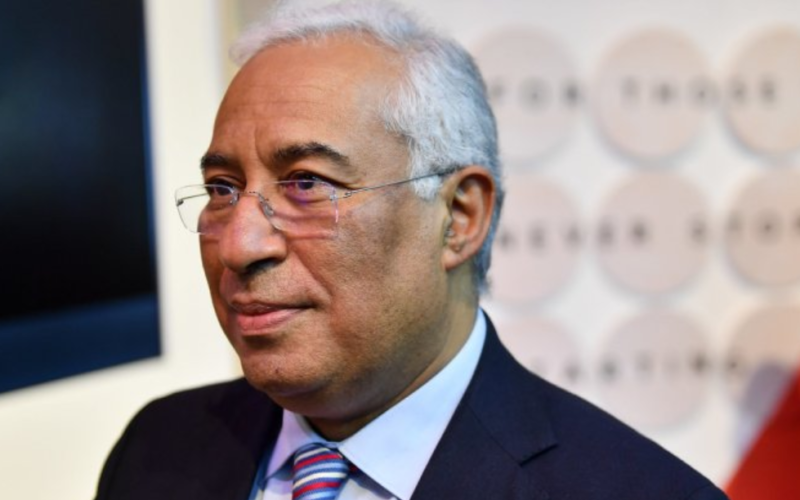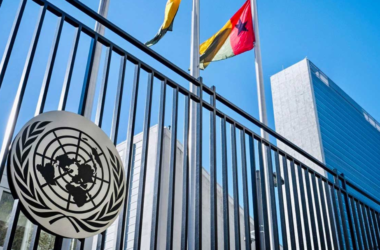In a significant political development, the Prime Minister of Portugal, António Costa, has tendered his resignation amidst an ongoing corruption inquiry. This decision has sent shockwaves through the country’s political landscape and raised questions about the future leadership of Portugal.
The decision to resign comes as a result of mounting pressure and allegations related to a corruption investigation. Prime Minister Costa, who has been in office since 2015, has faced growing scrutiny over his alleged involvement in corrupt practices, leading to increasing calls for accountability and transparency.
The corruption inquiry, which has garnered significant attention from the public and the media, centers around allegations of illicit financial dealings and abuse of power within the highest levels of the Portuguese government. While the investigation is ongoing, the allegations have cast a shadow over the government’s credibility and raised concerns about the rule of law.
Prime Minister Costa, in his resignation announcement, maintained his innocence and expressed his willingness to cooperate with the ongoing investigation to clear his name. He stated that his decision to step down was a response to the principles of accountability and the need to ensure a fair and impartial inquiry.
The resignation of António Costa has prompted discussions about the future leadership of Portugal. The country now faces the task of appointing an interim prime minister who will lead until a new government is formed. This transition period is expected to be a critical phase in Portugal’s political landscape, with the potential for significant changes in the country’s governance.
António Costa’s departure comes at a challenging time for Portugal, as the nation grapples with economic challenges, public health issues, and other pressing concerns. The stability of the government is essential for addressing these issues and maintaining public confidence.
The investigation into corruption within the government remains ongoing, and its outcomes will be closely watched by both domestic and international observers. The case highlights the significance of upholding the principles of transparency, accountability, and the rule of law in a democratic society.
In conclusion, the resignation of Portuguese Prime Minister António Costa amid a corruption inquiry has created a political upheaval in Portugal. As the country navigates this transition, it is crucial to uphold the principles of justice and the rule of law to ensure a fair and transparent resolution to the ongoing investigation.








